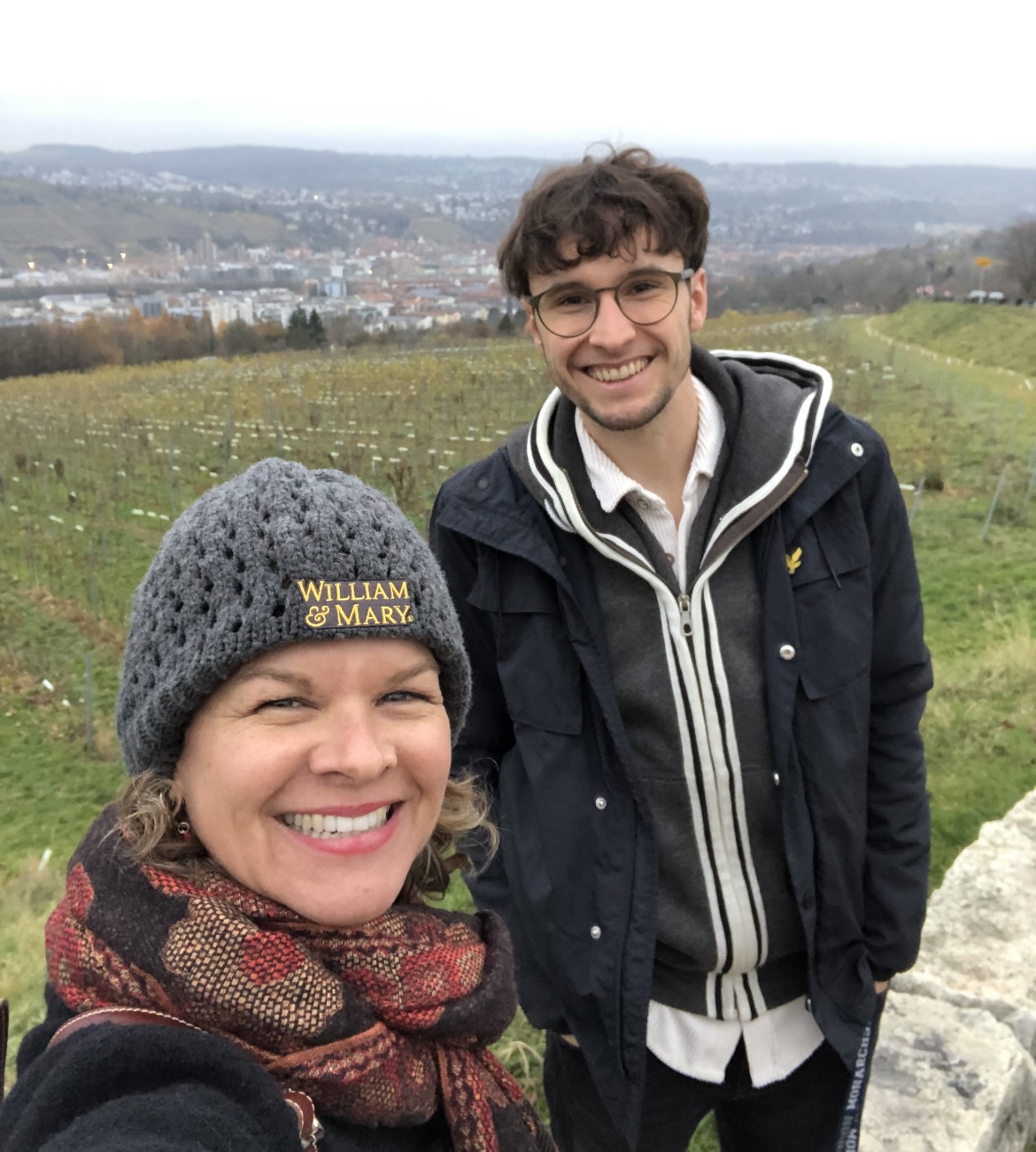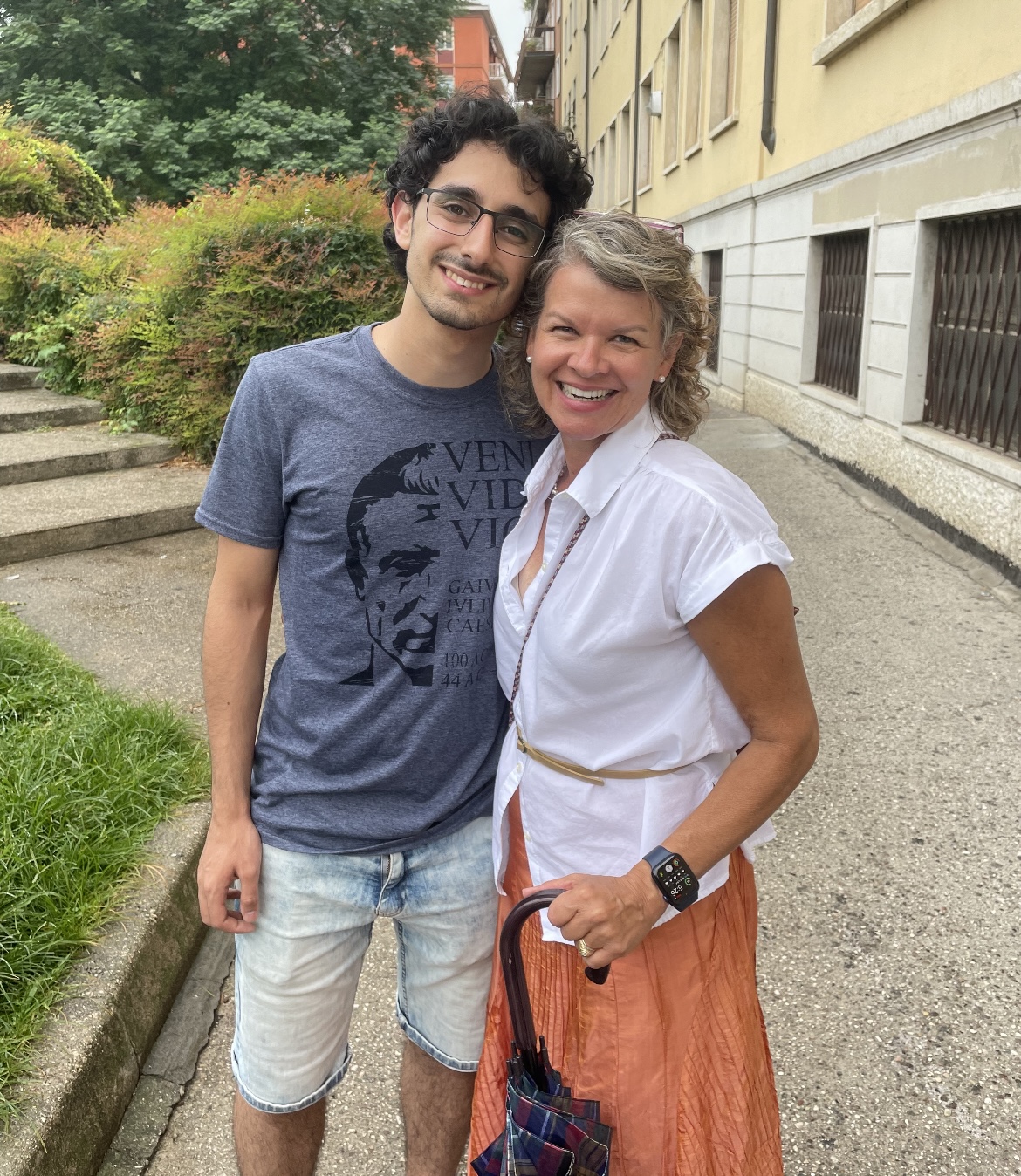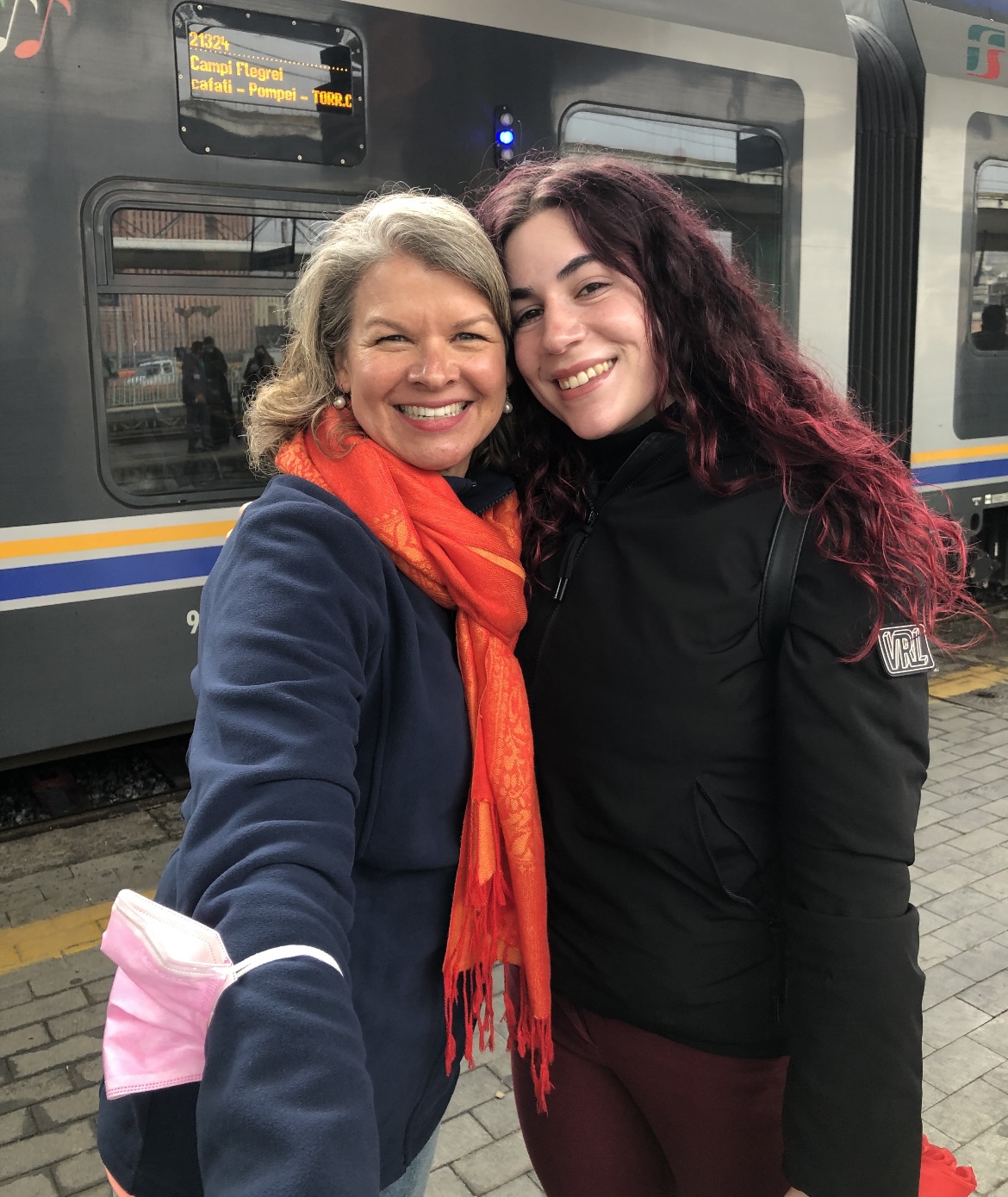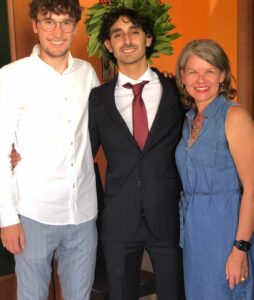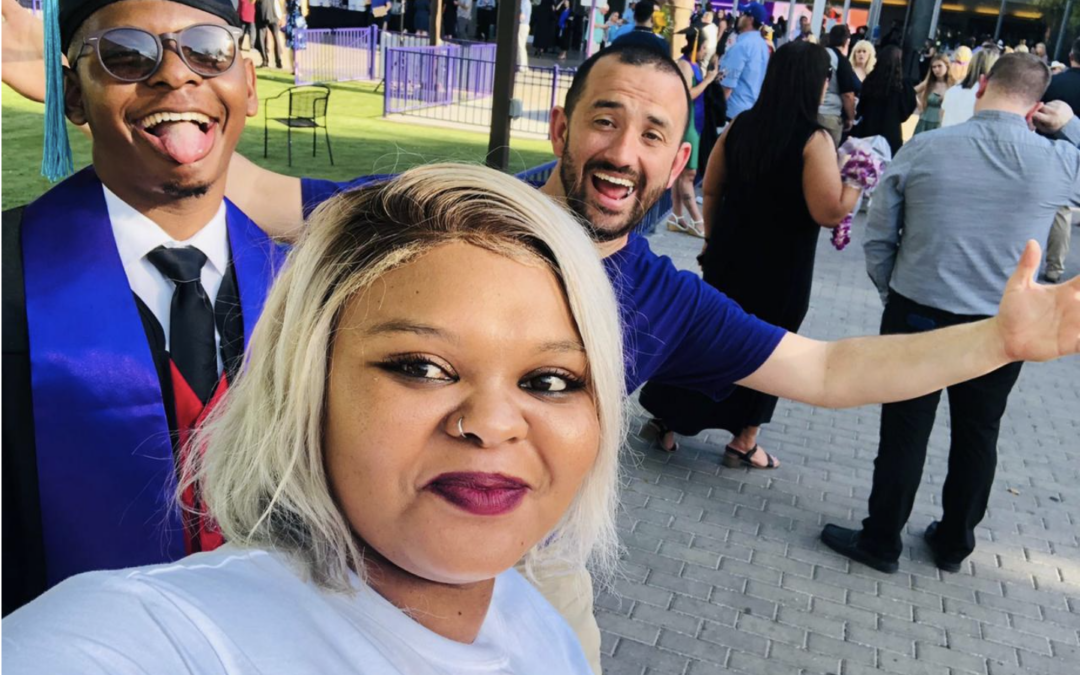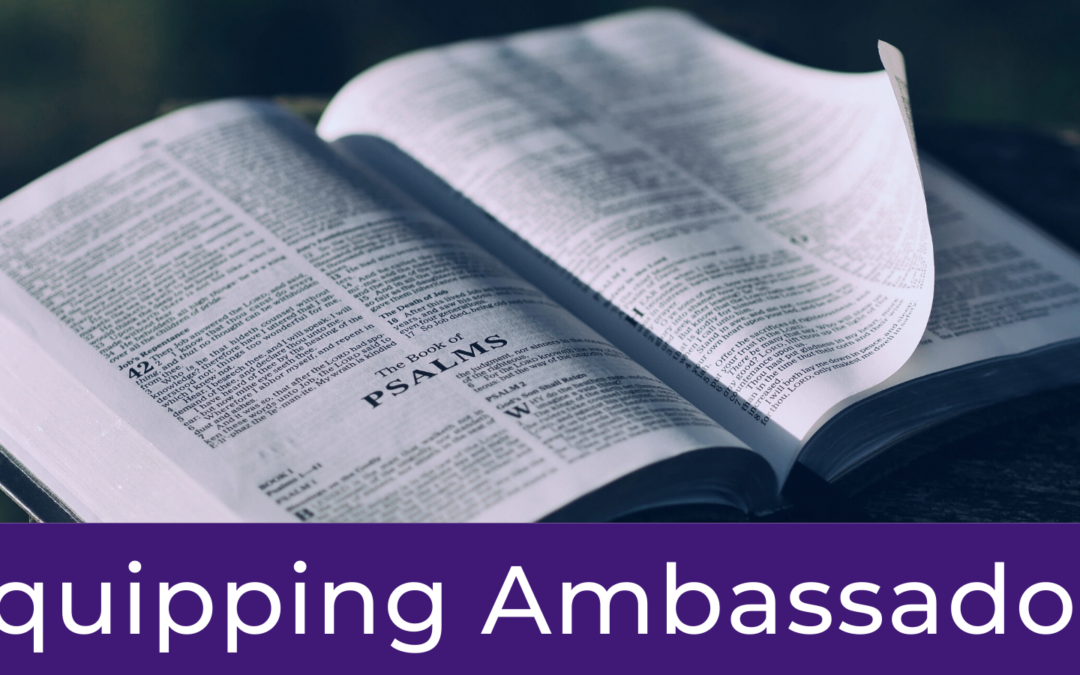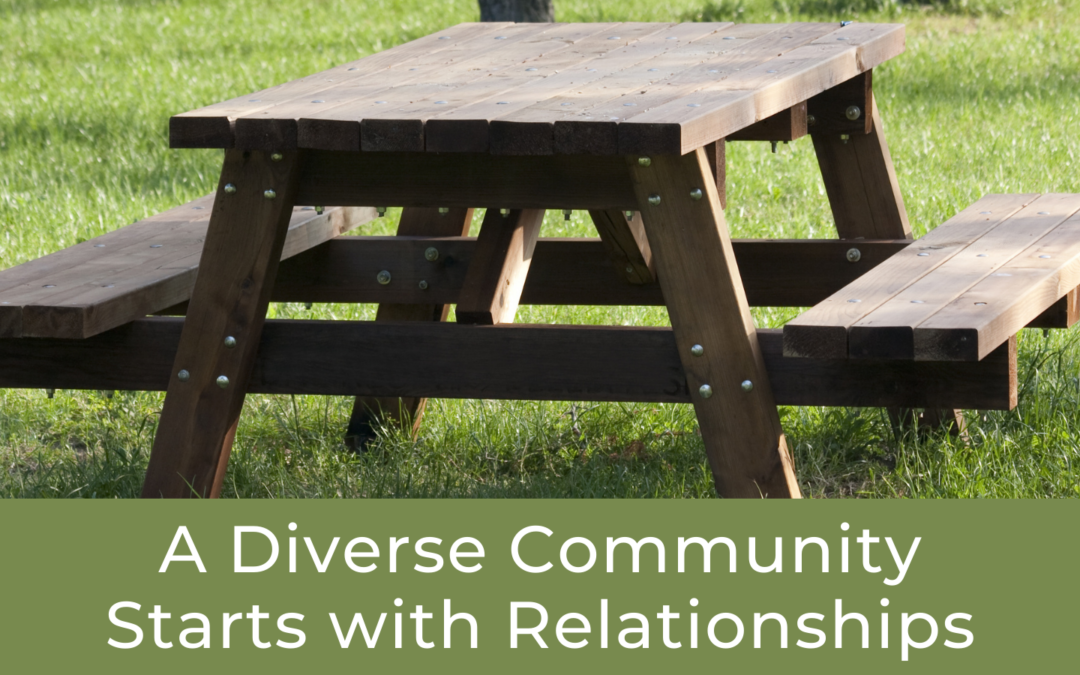We have much conversation here about what it means to equip Ambassadors. Carrying out that mission is the cornerstone of all we do, but what does it look like from day to day? I recently gave this encouragement to our staff, as they work daily to arm our students with all the weapons of faith God has given them. Through God’s grace, this is how we equip students to be Christ’s Ambassadors in the world.
When I think of an Ambassador, I don’t normally think of a warrior. However, this analogy is apt. Sometimes, it takes all that we have merely to stand, and not run away or surrender in fear. An “ambassador in chains” (Ephesians 6:20) is a warrior who will, after everything is said and done, stand (vs. 9). This is our charge as Christian educators: to train children with the skills they need to succeed on the world’s stage, while we also equip them to stand firm and experience all that God has designed for them in the spiritual world.
Let’s take a moment to look at the pieces of equipment we must train them in:
Helmet of Salvation
We begin with the helmet. This is the most important piece of armor we can put into place. If the head is damaged, none of the rest of the armor will matter. Many years ago, my father hit a deer while riding his motorcycle on a paved road. The momentum flung him off his bike and he skidded down the macadam on his helmet. If he had not had that helmet to protect his head, I would not be alive today because he would have been with Jesus before I was even born. The helmet is our most critical piece of protection.
In our Christian life, we see those who don’t understand the importance of their own salvation and are stuck, as if immobilized at square one. Others think salvation is merely a bauble that can be worn or discarded when the mood strikes. Such flippant Christians misunderstand the vital nature of this piece of equipment and, when doubts assail, will be double-minded and unstable in their ways (James 1:8). But the believers who don the helmet regularly have an eternal perspective, allowing them to see beyond the present circumstances to that promised day of salvation. This is the maturity we strive to develop as students grow in their faith.
Body Armor of Righteousness
Body armor is made of strong fibers that work together to dissipate the force of a life-threatening blow and render it ineffective. In warriors, this armor is worn on the chest, protecting the vital organs from attack. When the helmet of salvation is issued to Christians, the body armor is also issued to us (2 Corinthians 5:21). Attempting to equip ourselves with our own righteousness would be akin to wearing a T-shirt into battle. We equip this armor by seeking God and His righteousness (Matthew 6:33), which will protect our hearts and souls from evil.
Belt of Truth
The body armor needs to be secured by the belt of truth; without it, our armor can become insecure and unable to protect us. When we aren’t grounded in truth, it’s easy to convince ourselves that the righteousness we are wearing is our own–a result of our ability to follow the rules. Or we might decide that we don’t deserve to wear such armor because we are not good enough. Unless we are firmly established in truth, the body armor meant to protect our hearts and souls becomes insufficient. We will either fail to put it on through pride in our own accomplishments or discard it because of self-loathing.
Shoes of the Gospel of Peace
With the proper footgear, the Christian is always ready. When I was in high school, I would always wear high-tops to school. The reason? I wanted to be able to play a game of basketball at a moment’s notice, and one could not reasonably expect to play a decent game in dress shoes!
The readiness that comes with the knowledge of the peace Christ has given allows the Christian to stand, prepared for what may be coming. When one is at peace, all other distractions fade, the chattering voices calm, and the Christian stands to face down the enemy without fear (John 14:27).
Shield of Faith
Faith is often seen as something “less than” rational thinking. It’s that thing we rely on only when everything else has failed. In reality, this is our main defense against spiritual attacks. We recognize that faith is “the assurance of things hoped for, the conviction of things not seen” (Hebrews 11:1) and that “without faith it is impossible to please [God]” (vs. 6). Faith allows us to take God at His word, refusing to allow the enemy’s attacks of doubt, fear and dismay to penetrate our defenses. It is by faith that we can be assured of victory that has overcome the world (I John 5:4).
Sword of the Spirit
The only offensive weapon in our arsenal, the Word of God is “living and powerful.” It enables us to divide “soul and spirit” and the “thoughts and intentions of the heart” (Hebrews 4:12), for this battle is not against flesh and blood but against “spiritual forces of evil” (Ephesians 6:12).
Just as a soldier would not charge into battle without his weapon, we should go through this life ready to wield the power of God’s Word in every situation.
As we walk through the days with those we are blessed to teach, they learn academic skills, performance skills, and life skills. But our greater goal is to methodically lay out the pieces of armor that God has gifted us, reminding them of each item’s purpose, and how to secure and use it in their lives. At the end of the day, our earnest desire is that students grow in maturity, understanding the deeper truths of God’s Word so that they may “by constant use have trained themselves to distinguish good from evil” (Hebrews 5:13-14).
And so we equip ambassadors. Not only as messengers of Christ’s Good News, but also as warriors, prepared for the spiritual warfare they will encounter, equipped to stand firm. And after they have done everything, to stand.
“Finally, be strong in the Lord and in his mighty power. Put on the full armor of God, so that you can take your stand against the devil’s schemes. For our struggle is not against flesh and blood, but against the rulers, against the authorities, against the powers of this dark world and against the spiritual forces of evil in the heavenly realms. Therefore put on the full armor of God, so that when the day of evil comes, you may be able to stand your ground, and after you have done everything, to stand.”
Ephesians 6: 10 – 13







